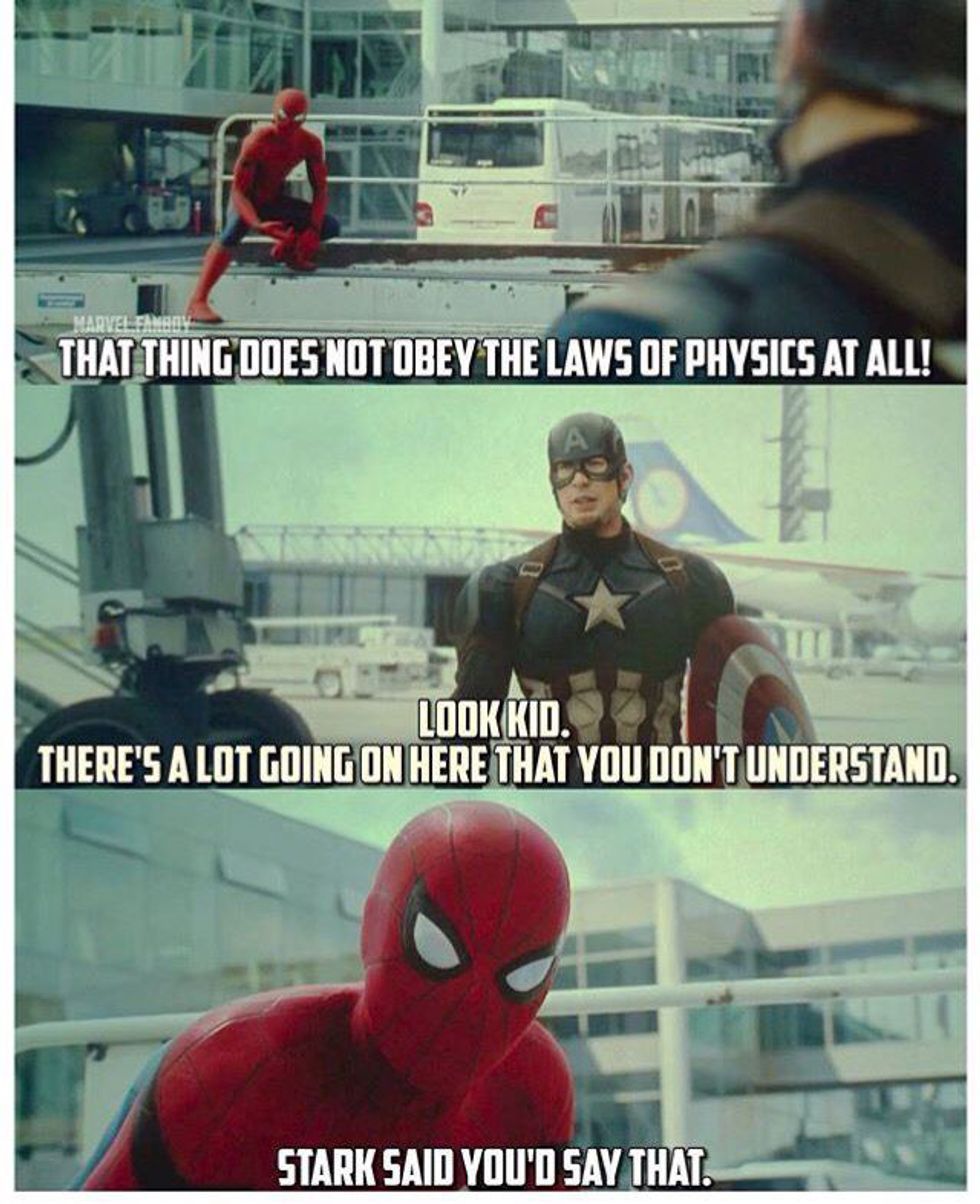I just watched the most recent superhero installment yesterday: "Doctor Strange." The entire plot boils down to this equation . . .
A reluctant hero, usually an arrogant one + plenty of quips + a sprinkle of romance (not too much) + a healthy dose of fight scenes + a forgettable villain = A decent box office score
Marvel and DC know their formulas well (more Marvel than DC when it comes to movies).
As an eager superhero fan, of course, I had to view the newest segment of the never-ending superhero franchise. But as my icy-blue eyes tore away from the final credits, something had not clicked. I usually leave such flicks with a sense of awe.
This time, however, I found the plot predictable. The protagonist's change of heart, foreseeable. The villain's demise, inevitable.
And, this isn't the first time I left a superhero movie disappointed. Others such as "Suicide Squad" and X-Men Apocalypse" gave me the same feeling of emptiness and monotony action-packed films should not provide.
And with roughly 15 superhero movies coming out in the next two years ($125 per person on average costs if you see all of them and don't buy food), just how much can Marvel and DC change the pattern of movies.
Or are we paying $75 a year each to watch the same show?
Along with predictability, consider the following problems with superhero movies:
1. It has to be bigger every time
After "Doctor Strange," I commented about how the poor animators had to implement so many special effects for the multiple fight scenes the movie presents. While stunningly beautiful, these scenes have verged onto the physically impossible. Characters must now defy physics in order to account for the increased stakes.
2. Narcissistic heroes
Most heroes in the Marvel (and sometimes DC) franchise have an ego problem. Whereas some characters develop, some stay the relatively same: Ironman, Batman, Doctor Strange, Deadpool, and the Flash.
Heroes are supposed to be role models. However, those listed above promote selfishness. They can say and do mostly anything and get away with it because -- well -- they're the good guys.
3. Too many egos
Granted, this is a bit more of a recent phenomenon with the "Avengers," the "Guardians of the Galaxy," and the soon-to-come "Justice League." If you have a team of, say, 10-20 people, someone's favorite hero will not get as much screen time as the audience member believes they deserve. If 15 out of 20 members of a group have a loud personality, the abrasiveness of the dynamic might be too potent.
4. Overlooked heroes
I can't even hit a bullseye shooting straight.
Yet, most everyone I talk to declares Hawkeye to be one of the lamest members of the Avengers. Why? Because he would lose a fight with most of the other teammates. How can a bow and arrow compare to mind control?
We've lost our wonder in the overlooked heroes because some dogs have bigger tricks.
5. Minimal character development
With a supple amount of action sequences and trying to decipher a villain's plan which makes no sense, the movie franchise has little room for backstory, character motivation, or character development.
Yes, we have received a dose of most character's lives in the DC franchise ("Suicide Squad") and Marvel's 14 installments since the first "Iron Man." But if it takes us 15 movies to get minimal background info or development, that's a problem.
6. The Villain Problem
If you think heroes lack motivation, the most recent villains are far worse. Boring, forgettable, and all seemingly have a plan to destroy the world. (They should take a tip or two from Dr. Doof) Even if they did, we won't pay attention to them because they'll likely die by the end of the movie.
Nevertheless, these movies must be doing something right, because I still want to view most of the upcoming installments.






















